What is an autoclave with drying?

An autoclave is essentially a pressure vessel that uses steam pressure as a sterilizing agent. By increasing the pressure (above atmospheric pressure) the steam can reach higher temperatures. The additional pressure increases the boiling temperature of the water. Actually, about 20 ° C more. This effectively increases its heat content and its ability to kill. This comes from its latent heat of evaporation.
The transilluminator for gels and its impact on clinical analysis
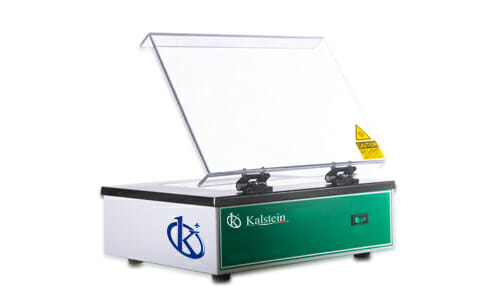
The transilluminator is a vital tool in the molecular diagnostic laboratory and other molecular biology disciplines. This device, also known as a light box, illuminates agarose or acrylamide gel samples from below to reveal the presence and positions of stained DNA, RNA or protein fragments.
Relevance of a High-Quality UV Transilluminator in Laboratories

Within the field of molecular biology and microbiology, the UV transilluminator emerges as an indispensable resource. This specialized equipment provides researchers with the ability to visualize minute details imperceptible to the naked eye, facilitating research and experimental processes.
Pros and Cons of Different Types of Gel Transilluminators

In scientific experimentation, it is crucial to have adequate laboratory instrumentation. An essential device for visualization of results in gel electrophoresis experiments is the transilluminator.
Introduction to Gel Transilluminator Longevity
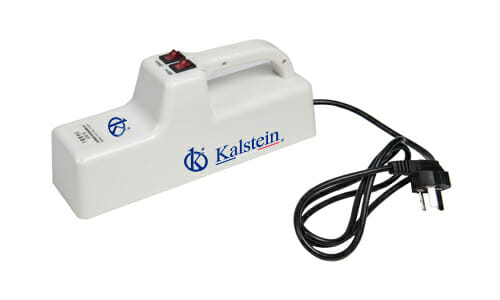
To speak of a gel transilluminator is to speak of one of the most vital pieces of equipment in molecular biology and microbiology laboratories, among others. This specialized device is used to visualize DNA, RNA and protein molecules stained on agarose or polyacrylamide gels.
Discovering the Hidden Capabilities of Your Total Organic Carbon Analyzer
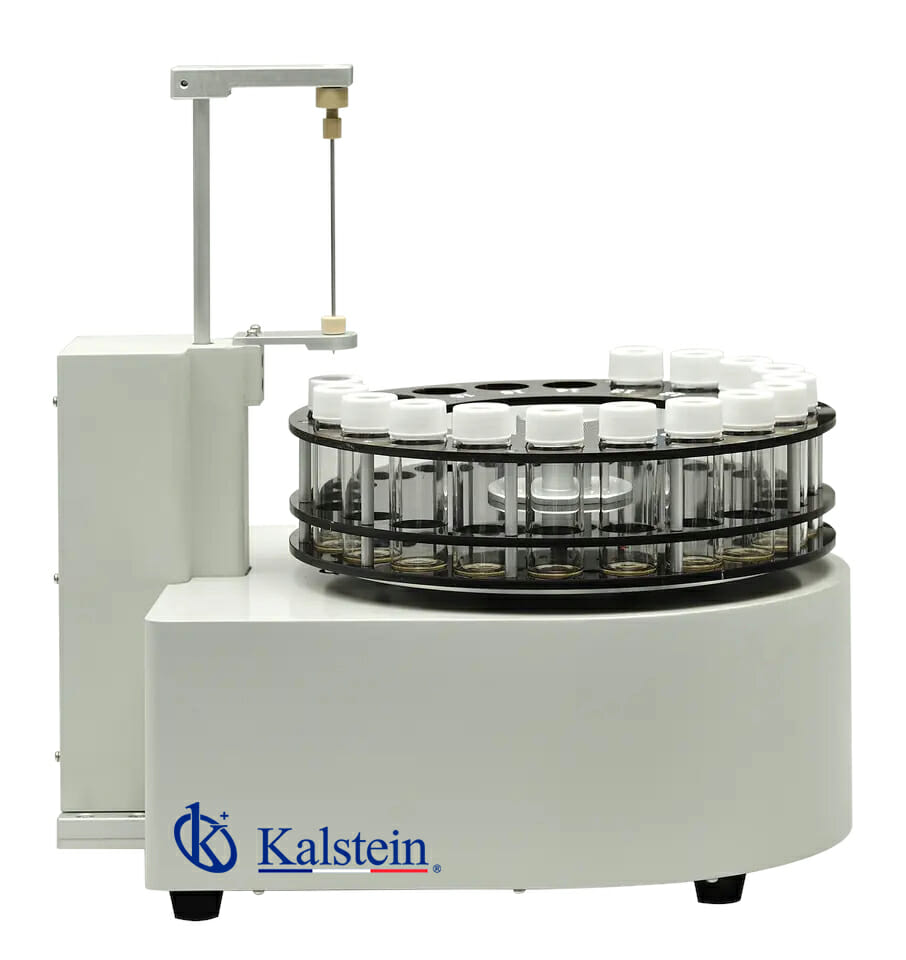
In the scientific and environmental field, the Total Organic Carbon Analyzer (TCOA) has become an essential tool for qualitative and quantitative assessment of organics in water. This versatile instrument adds value and reliability in the search for accurate data in environmental studies and will further enhance your current monitoring procedures if you are aware of its incredible hidden capabilities.
A Close Look at Total Organic Carbon Analyzers
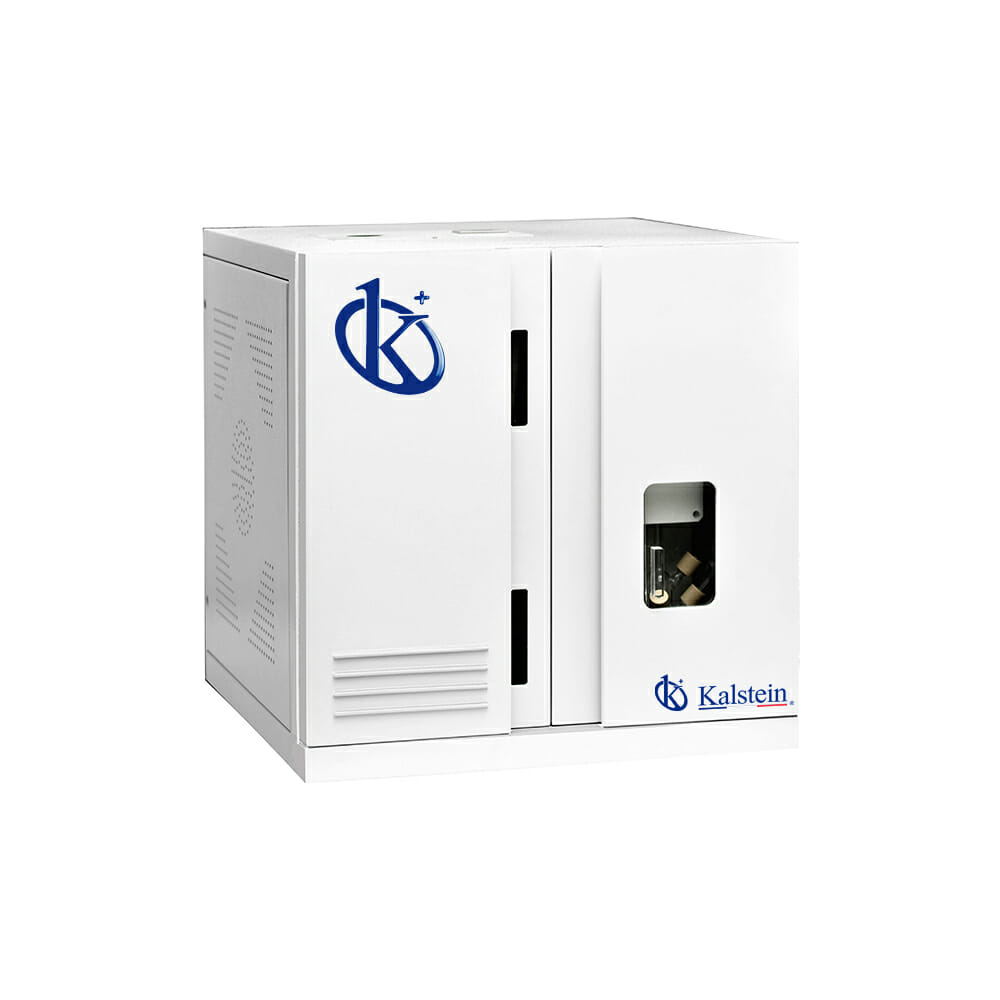
The quantitative analysis of total organic carbon (TOC) is an essential aspect in various fields, such as environmental management, water quality and the pharmaceutical industry, among others. A significant instrument that facilitates this analysis is the Total Organic Carbon Analyzer. It is a device that accurately measures the level of organic carbon in various samples, providing valuable data for further analysis.
Creating Accurate Results with Your Total CO Analyzer
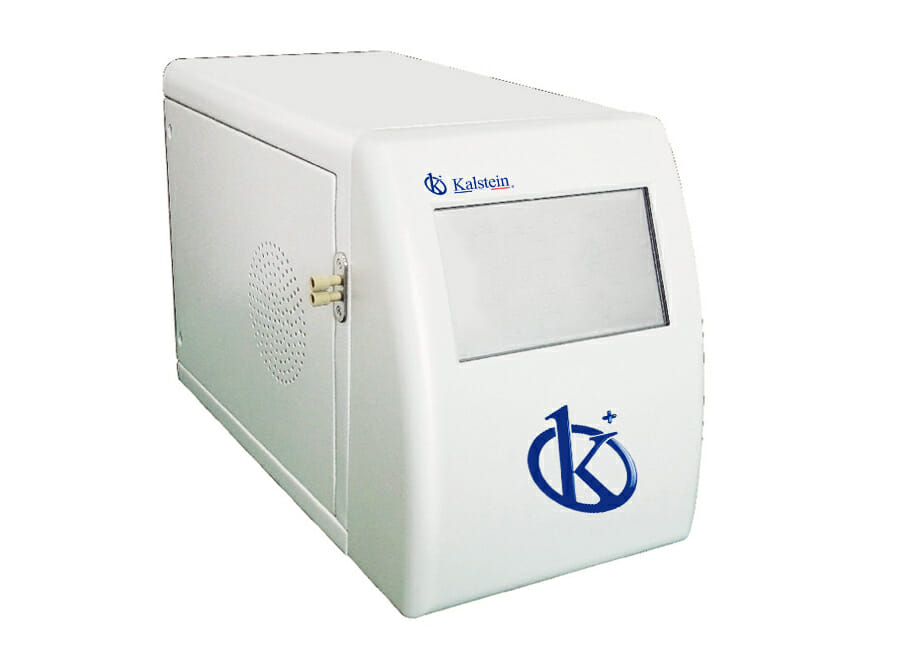
Today, the reliability of measuring total organic carbon (TOC) levels has become a critical issue in both environmental protection and various industries. From monitoring process water in pharmaceuticals to detecting impurities in high-tech processes, the use of a Total Organic Carbon Analyzer is increasingly vital. Without the accuracy obtained with such devices, test results could be misleading, leading to fruitless and costly decisions.
Expert Tips for Efficient Use of the Total Organic Carbon Analyzer
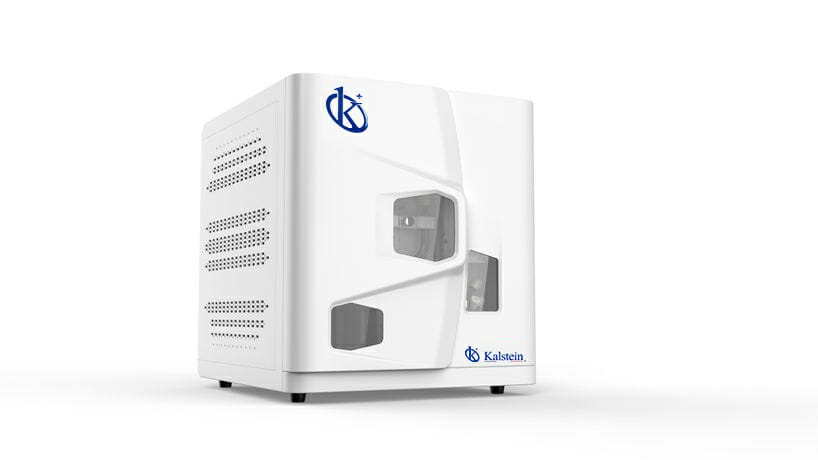
Accuracy and efficiency in scientific and environmental analyses are critical to ensure reliable and meaningful results. Among the many tools that facilitate these analyses, the Total Organic Carbon (TOC) Analyzer plays a pivotal role. This sophisticated tool is capable of measuring the total amount of carbon in an organic compound, which is critical in multiple scientific and environmental fields. In this article, we will explore expert tips for efficiently using a Total Organic Carbon Analyzer.
Water Distillation Technology: Its Importance in Laboratories and Hospitals
Water distillation is a vital process in both laboratories and hospitals. This procedure, carried out by water distillers, separates impurities and removes contaminants from water, guaranteeing its purity and ensuring that it is safe for use in these important institutions. In this article, we explore the relevance and indisputable value these devices possess in critical environments.
